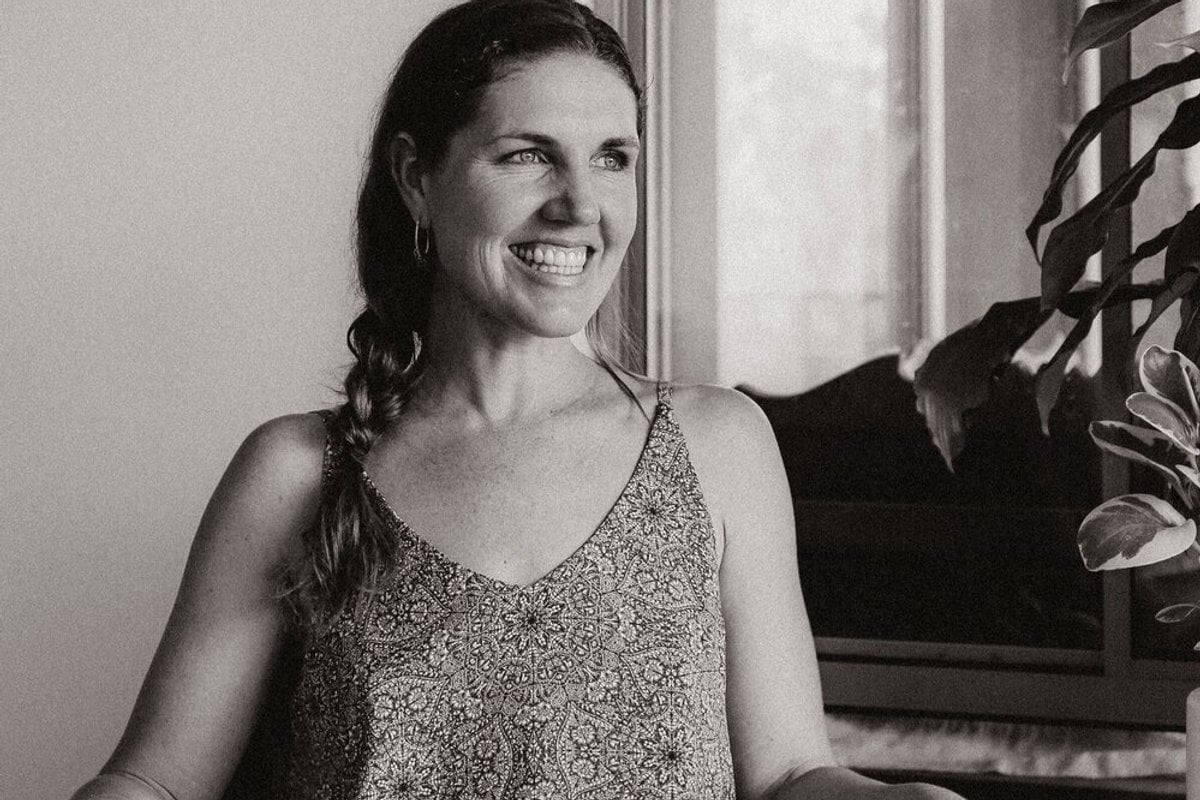
Up until the age of 11, I was proud of my body.
I could run fast and climb tall trees. When I jogged along the beach in my athletic cat suit, I thought only of the feeling of the wind on my body and the strength of my legs.
One morning, I was running past a group of boys in the playground and heard a cascade of sniggers before one of them yelled out a strange insult, "Camel".
I felt something clench inside me, like all the air had been sucked out in an instant.
My long, gangly body, which had served me well up until now was suddenly, painfully 'wrong' in the eyes of these boys.
It was my first taste of being viewed not as a living, breathing human but as an object to be judged, or compared to an ungainly animal.
After that, I was called a "camel" every day for two years.
The school did nothing about it (this was back when the term 'bullying' was still only applied to big boys stealing lunch money on American movies) and I remember being told to "stop letting those silly boys" get to me.

Top Comments